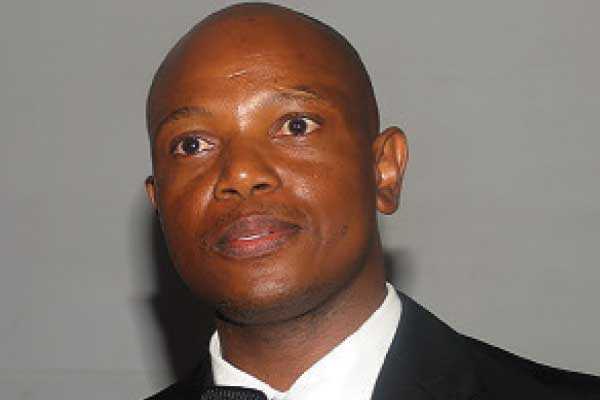BMD must be realistic not legalistic - observers
Observers say that by disqualifying requests for a special congress, the national executive committee of Botswana Movement for Democracy (BMD), is setting a precedent which may come back some day to haunt it.
At its meeting of August 13 the NEC rejected calls for a special congress on the basis that the letters from the constituencies did not comply with the constitutional requirements of the five-year old splinter party of the Botswana Democratic Party. In fact, the more cynical observers say that the party's NEC is being downright hypocritical. The BMD constitution stipulates that a special congress can be called either by the party leadership or by a third of the constituencies. In this case, 19 constituencies have applied satisfying the constitutional requirement of the party, but the NEC rejected the letters saying they were not the outcome of branch congresses and further that the letters had no minutes attached to them.
“In as much as nobody wants a situation where a constitution is breached willy-nilly at the risk of bringing anarchy into the organisation, it is hypocritical of the party leadership to suddenly require such high standards from its members who may be genuinely in support of a special congress. The reality on the ground is that, structures at the lower levels of any organisation, especially in our local politics where resources are always in short supply, may not be able to satisfy some of the demands such as the ones being made by the BMD leadership,” said political commentator, Anthony Morima.
He believes that in politics, political solutions should sometimes take precedence over legal and technical ones. “The leadership should have acknowledged the fact that the party is experiencing a serious problem which needs instant solution. By rejecting the application letters as they did, the BMD NEC is only postponing the problem. They should have found a solution,” noted Morima. “You cannot demand such high standards from wards and branches when you know you have done very little if anything to capacitate them regarding all the requirements and processes involved in applying for a special congress. Matters are not helped by the fact that the party does not supply them with stationery let alone office space. If the branches are not able to produce proper minutes, that is an indictment on the NEC as that shows that it has failed to give the structures the needed training,” added Morima in an interview.
He wondered whether the party leadership is being consistent. “It is doubtful if all the BMD gatherings such as congresses and conferences held in the past have been held strictly according to the law,” said Morima who suspects that those who don’t want a special congress have ulterior motives. “They find themselves having to clutch at all straws,” he said.For his part, political science lecturer at the University of Botswana (UB), Professor Zibani Maundeni believes that, people tend to look for loopholes and pay more attention to detail when there is an issue in which their own interests are at stake. “Those who draft constitutions would do well to look at the environment in which the constitution is going to be applied,” said Professor Maundeni who, like Morima, doubts the fairness of expecting cadres at the lower branches to meet certain requirements especially when they have not been trained.
“Under the circumstances, the two factions should come together and discuss their problems or invite a mediator. It is clear that there are people who will find every excuse to stop the holding of a special congress,” noted Maundeni. Contacted for comment, the vice president of BMD, Wynter Mmolotsi confirmed that the party has agreed to go back to the drawing boards on the matter. “There were two interpretations of the constitution. One interpretation says that the branches, through their committees may call a national special congress without having held a congress themselves at branch level. The other interpretation is that, the branches must hold a special congress from which minutes and list of those who attended are attached to the letters applying for the special congress,” said Mmolotsi.
As far as he can remember, the BMD has held three congresses in its five years of existence. “These congresses elected our leadership without the requirement of minutes from branches. Does that make our NEC illegitimate?” he wondered. Nehemiah Modubule, who opposes the calling of a special congress, however differs with Mmolotsi. “Those were ordinary congresses which are normally handled by the secretary general. In the case of a special congress, there has to be evidence of who is calling it hence the minutes and other records are required to verify that indeed there are people who want a congress,” said Modubule who maintains that the lower party structures of the BMD are capacitated enough to apply for a special congress as per party guidelines.
Mmolotsi however disagrees. “There is no need for a branch congress. The branch committees are the ones empowered by the constitution to initiate a special congress. The committee can facilitate the selection of the delegates and the constitution does not require any minutes,” he said.





